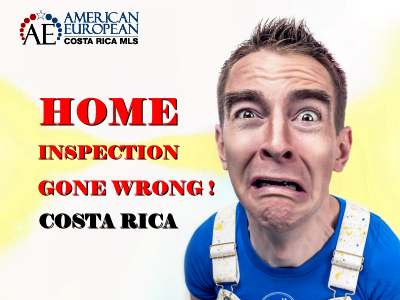
Costa Rica home inspection gone wrong
Should the common areas of condominiums and gated communities be inspected? This story about an Escazu condo home inspection is a perfect example so you can learn the answer to this question.
In Costa Rica, real estate developers build more and more condos and homes in gated communities. You probably will want to know how this works before you purchase.
It is very important to know that there are no rules on home inspections in Costa Rica, like in other countries. A home purchase is not automatically subject to home inspection. The rules in the US or elsewhere do not apply to buying a property in Costa Rica.
What should you do when buying a condo in Costa Rica then? If you purchase in a condo in Costa Rica, you are buying a percentage of the common areas. The condominium’s bylaws always describe what is common area and what is private area. As much as you like to have a good look at the condominium finances, you also want to know if the condominium is in good shape or not.
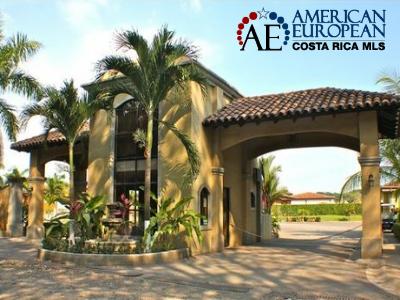
The condominium entrance is common area
We recommend a home inspection
A well-organized home inspection should give you the tools for a responsible purchase decision. All our agents recommend a home inspection before a purchase so it’s customary for almost every real estate transaction our office has. Unless the buyer is not interested in having one done.
This time, everything went so totally wrong with a home inspection, I decided to write this article about it.
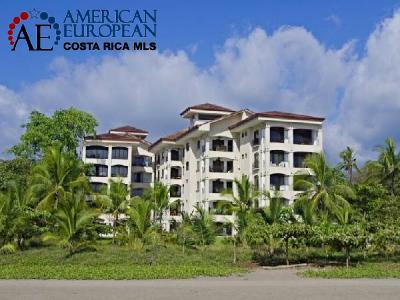
All exterior of the building like walls and roof are common areas in a condominium
An Escazu condo
The buyer and seller agreed to the purchase – sale of an Escazu condo, in a small building. The accepted purchase price was exceptionally low because the condo has a galley kitchen so small that most buyers walk away from it.
The most attractive part of the deal was an unusually low HOA fee of $20/month because there is no security guard and very little maintenance as it is a small building. The condo owners agreed to do a special assessment for common area maintenance whenever necessary. Most condominiums in Escazu have an HOA fee of at least $250/month, for some comparison.
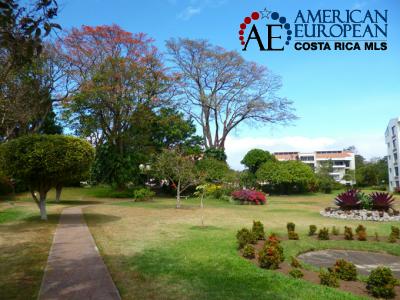
The gardens of the condominium are common area
Real estate agents are not always in control of everything and especially not of the whims of a buyer or seller. This was what made this an impossible Costa Rica real estate transaction.
So where was the trouble?
1. The buyer didn’t listen when he was told by the agent that homes and condos in Costa Rica are sold as is. The home inspection is only used to make a repair list or to walk away in case of a real serious problem. Our agency’s offers include “BUYER is allowed a home inspection, paid for by the BUYER within two weeks of the offer. Only structural damages, septic, drainage or roof problems will give the BUYER the option to default. Minor damages will be accepted by BUYER.”
2. The home inspector didn’t separate the private areas from the common areas in the home inspection report on this Escazu condo. It was not clear if the damage was located in the private area or not. This scared the buyer away, even though all damages were minor. In this case, the issue was mold around the roof and exterior areas. To the buyers, mold was not acceptable, even though we were in the rainy season.
3. The closing attorney did not include in the option to purchase – sale agreement of this Escazu condo, that any dispute should be resolved by arbitration. So the earnest money could be handled correctly when either one of the parties would not close for any reason.
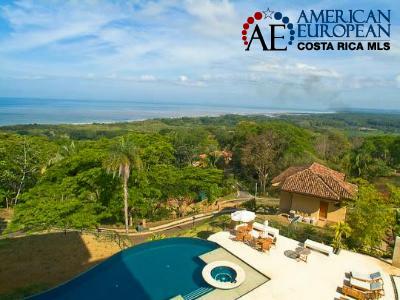
Pool, decks, pumps, filters etc. are HOA responsibilities
Let me walk you to each one of the problems we encountered when selling this Escazu condo. So it won’t happen to you.
1. Costa Rica property is sold “as is”
We know that in some other countries you make a home purchase subject to home inspection. In Costa Rica no law includes the use of a home inspection.
As a buyer, you should understand that if you are buying a property in Costa Rica, different rules apply than elsewhere. Costa Rica real estate is sold “as is” so the buyer purchases “as is” as a main rule.
A home inspection report is only to show for damages found and to give solutions if requested. The home inspector will make a list with photos and descriptions of those damages. Then, the buyer will repair any minor damages if wanted, after closing. Unless you have negotiated differently when making the offer. If the damages are very costly to repair, the buyer might elect to retract his offer.
This would imply that you should finalize the home inspection BEFORE you sign an option to purchase – sale agreement and put earnest money in escrow.
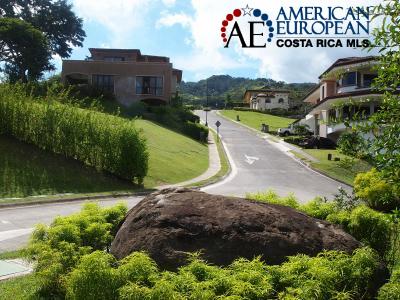
The roads, sidewalks and gutters are common areas of the condominium
2. The logic of a home inspection report
A good home inspection report separates the repairs needed for the private areas from those in the common areas. Many buyers do not realize that the exterior of a condo building and the roof belong to the common areas. It is important to define the exact problem in each area, so the seller can claim repair with the condo administration. Below the photos in this article, I have specified some of those common areas.
Most bylaws state that “the operation, inspection, repair and handling of common property will correspond exclusively to the manager of the condominium. It is prohibited for a property owner or resident to operate or to repair any common property on his own account”.
You should insist that your home inspector reports in such way that it is clear who is responsible for each repair, if necessary.
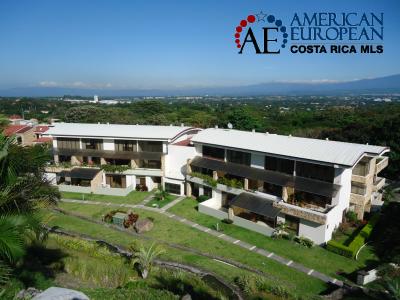
Water treatment plant and septic in the condominium are responsibility of the HOA.
3. Arbitration in option to purchase – sale agreement
When a closing attorney drafts the option to purchase – sale agreement, it is VERY important to include an arbitration clause. This arbitration clause covers all controversies, differences, disputes or complaints that can arise from the agreement. An organization such as the Costa Rican Chamber of Commerce Arbitration Center can resolve these through binding arbitration. Both parties submit to the procedural regulations voluntarily and unconditionally. In such way, any conflict will be solved in accordance to the laws of Costa Rica.
If any of the parties decides not to close for any reason at all before closing, a third party should arbitrate. Also, if a seller thinks a buyer is being unreasonable when asking for repairs, it is good to have an arbitrator. Arbitration will indicate how the earnest money will be disbursed.
This is a healthy solution in case any problems or doubts about repairs might arise. This of course, will only matter if an option to purchase – sale agreement was signed before the home inspection.
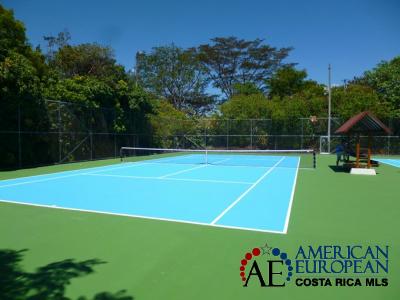
Tennis courts and other amenities are also common areas in a condominium.
The earnest money solution
In this particular Escazu condo case, buyer and seller agreed on splitting the earnest money 50/50. An issue like this could tie up a property and the earnest money for years if one of the parties decides to take it to court.
A wrongly reported home inspection and a badly done option to purchase – sale agreement should not be reasons for a buyer to lose earnest money over. On the other hand, sellers should not have their property tied up in court for years over it either.
This was definitely a unique condo home inspection that I’m sure will never happen to us again.
Contact us if you would like to do business with a Costa Rica real estate network that takes its job serious.
Feel free to leave your comments on this blog.
If you like this blog, connect with me on Google+ or subscribe to our newsletter by clicking the banner below.

I DO want to remind our readers that we appreciate any referrals you can send us. I know you all meet people in the supermarket, at yoga, at the beach or in a restaurant. Please remember the our agents when you meet someone who wants to purchase one, we appreciate it.



















